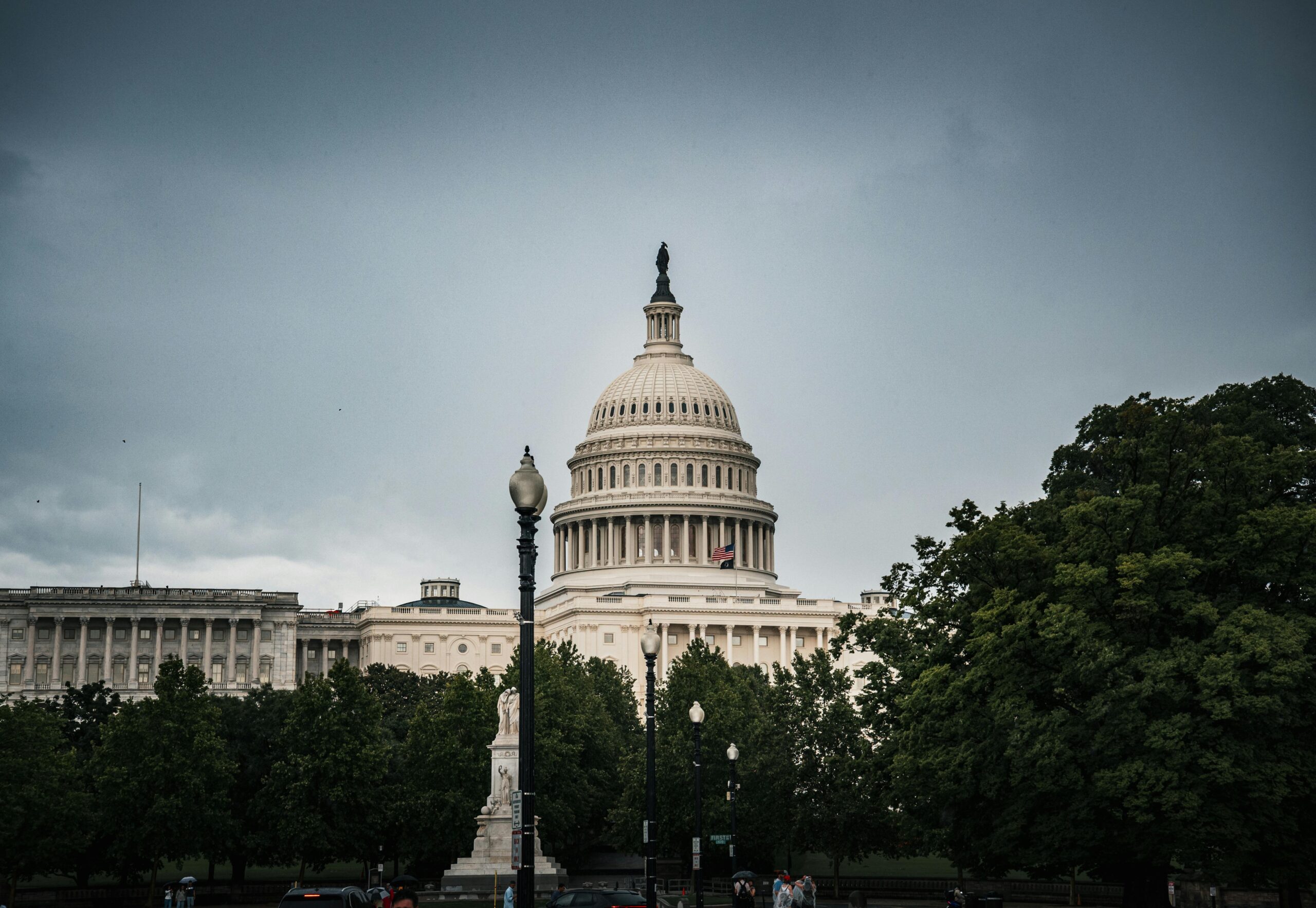Now that most of the government funding fight is over, all eyes are focused on whether Congress can figure out a path forward for funding for the Department of Homeland Security (DHS) past February 13. Will love be in the air as Valentine’s Day approaches, or will things remain at an ICE-y impasse over recent border control actions? Let’s find out. Welcome to the Week Ahead!
The Administration
The Office of Personnel Management finalized a rule on February 6 that authorizes agencies to reclassify policy-influencing employees into a new Schedule Policy/Career category. The reclassification reduces some of the job protections that career employees usually have, like the right to appeal removals, suspensions, or demotions, thereby making it easier for agencies to fire civil servants. For the Department of Health and Human Services (HHS), a whole slew of employees could fall into the “policy-influencing” category, including anyone who
- helps write, shape, or clear policy or regulations
- advises leadership on policy choices
- translates statue into operational policy
Recently reported layoffs at the Advanced Research Projects Agency for Health (ARPA-H) indicate that the Trump administration is letting go non-political staff to ensure agencies are matching its priorities.
TrumpRx has launched, featuring drugs from 5 manufacturers that have agreed to most-favored-nation pricing deals. According to the White House, additional drugs will be available for purchase on the website in the coming months. However, not everyone is as optimistic as the president about the extent to which this will actually save patients money. Democratic Senators have dismissed the site, with Senate Finance Committee Ranking Member Wyden (D-OR) calling it “a glorified coupon book.” But it’s not just Democratic/progressive voices that are raising concerns. The Libertarian-leaning CATO Institute has commented that the federal government’s involvement will crowd out private innovation and incentivize cronyism. These are familiar arguments on the right, but we don’t expect many congressional Republicans to rain on the president’s parade.
The Senate
The on-again, off-again deal on extending the Advance Premium Tax Credits (APTCs) seems to be headed for a permanent breakup. Unsurprisingly, the cause of the breakup seems to be applying Hyde Amendment language to ensure subsidy funding does not go to abortion providers from the bill. Sen. Tim Kaine (D-VA) has indicated that it’s his understanding that Republicans are not willing to drop this from the bill and that Democrats need it to be dropped.
In non-APTC news, the Senate Aging Committee is scheduled to have a hearing on February 11 to examine regulatory challenges to physician practices. There are many ways this hearing could go, but policy proposals that may be brought up include ensuring appropriate Medicare physician reimbursement, reducing administrative burden on physicians, and addressing workforce shortages and burnout.
The House
While the House is busy working on a deal for DHS funding, should the health care sector care? DHS funds the Federal Emergency Management Agency, but all essential services under DHS continue like public emergencies and cybersecurity. A prolonged funding lapse could certainly affect visa processing and delay the medical supply chain. But we would argue the real reason DHS may get funded quickly is the Transportation Security Administration and all those flights lawmakers have lined up for the weekend.
House Energy and Commerce leaders are keeping true to their promise to highlight healthcare affordability by holding a Health Subcommittee hearing to examine the prescription drug supply chain on February 11. Major pharmaceutical interest groups, like PhARMA and PCMA, have been asked to testify before the committee. If the hearing goes anything like the health insurance hearings, expect a lot of finger pointing to other areas of the health sector for being the reason for increasing costs.
There You Have It
Last night’s Super Bowl was an event to watch. While it’s hard to pick just one commercial, Novartis’ commercial about blood test screenings for prostate cancer sure grabbed our attention. Talk about a tush push! Did you have a favorite commercial? Let us know. Make it a great week!





